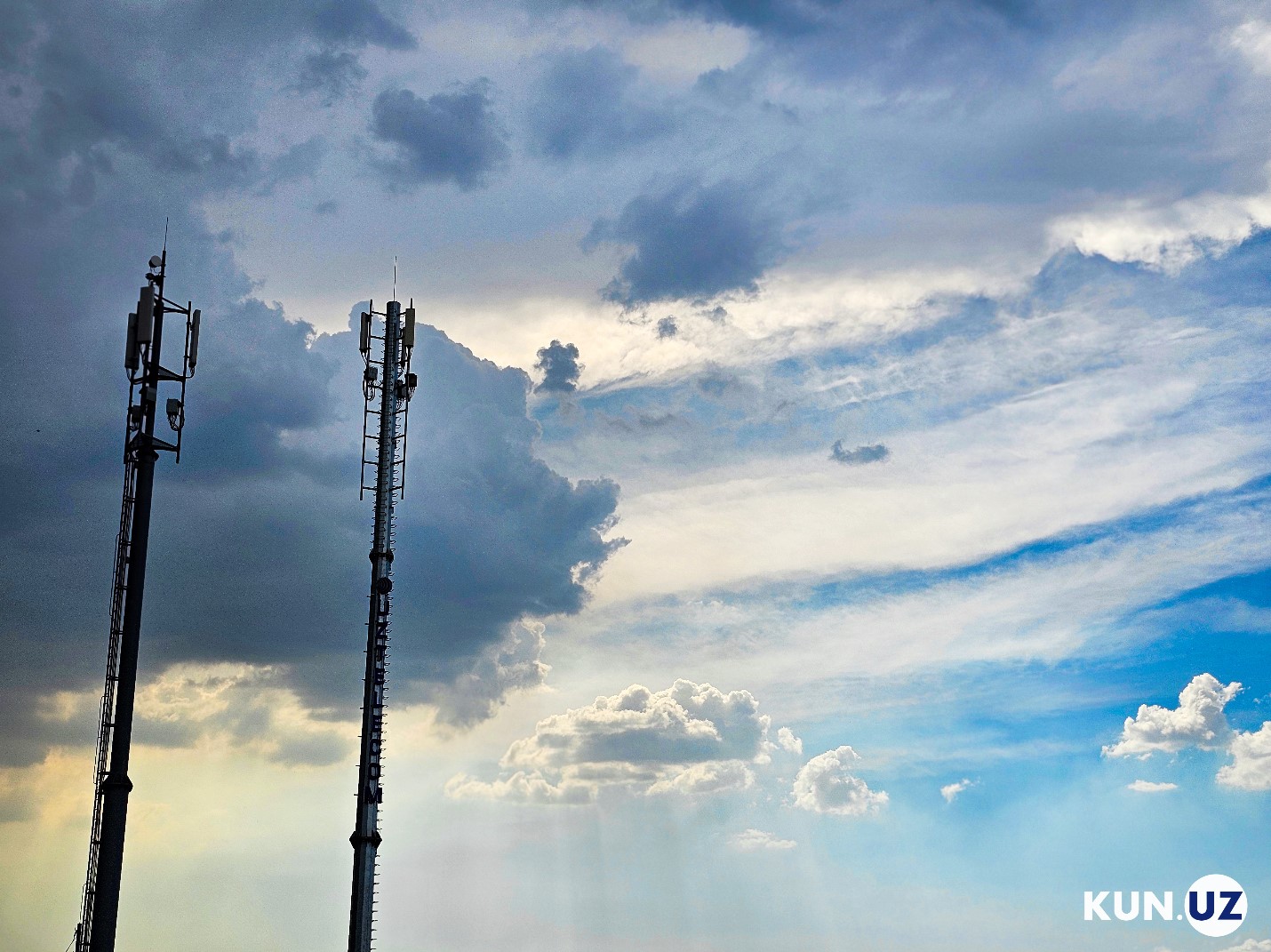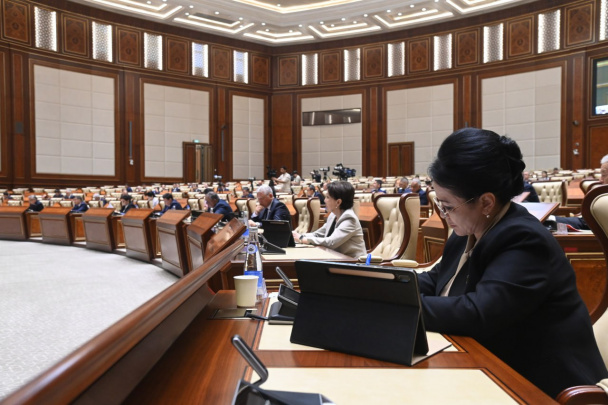Shavkat Mirziyoyev signs revised law "On Telecommunications"
On December 27, Shavkat Mirziyoyev signed a revised version of the law "On Telecommunications," abolishing the requirement for licenses for data transmission services for banks and online marketplaces, according to a document published on Lex.uz.

Photo: KUN.UZ
The law was adopted by the lower house of the Oliy Majlis last August and approved by senators in October. Initial consideration of the document began at the end of 2023, and in March, it reached the upper house before being sent back for further refinement.
The new version grants operators and providers the right to jointly use telecommunications infrastructure, communication channels, and the radio frequency spectrum on a contractual basis. Tariffs for such services are also to be established through mutual agreements.
Additionally, the law transfers licensing authority for telecom companies from the Ministry of Digital Technologies to an independent regulator. This new body will oversee tariffs for communication services and interconnection, define the list of universal telecom services, and establish quality standards for them.
The future regulator will also be tasked with protecting users' rights and resolving disputes between providers and operators. Furthermore, the regulator will be responsible for the digital labeling of telecom devices.
The requirement for licenses to operate and provide data transmission network services for banks, payment systems, e-commerce platforms, and similar services has been abolished.
When constructing new residential, office, or other buildings, provisions for telecommunications infrastructure and its power supply must be mandatory. This includes shafts for telephone, television, and internet cables, as well as security systems.
Operators and providers are required to expand and develop their networks in coordination with government authorities. They are also allowed to lay communication cables throughout Uzbekistan either underground or along power line poles.
The use of networks bypassing established protection systems is prohibited. Unauthorized use of telecom networks for transmitting international traffic is also not allowed.
Recommended
List of streets and intersections being repaired in Tashkent published
SOCIETY | 19:12 / 16.05.2024
Uzbekistan's flag flies high on Oceania's tallest volcano
SOCIETY | 17:54 / 15.05.2024
New tariffs to be introduced in Tashkent public transport
SOCIETY | 14:55 / 05.05.2023
Onix and Tracker cars withdrawn from sale
BUSINESS | 10:20 / 05.05.2023
Latest news
-
Uzbekistan tops medal table at Asian Cadet Judo Cup in Kazakhstan
SPORT | 18:42
-
Uncertainty grows as new homes remain without gas supply
SOCIETY | 17:46
-
Uzbekistan plans to launch national ferry service in Caspian Sea
SOCIETY | 16:03
-
Dozens of violations, zero accountability: Fergana police cancel fines for chief’s wife’s car
SOCIETY | 16:02
Related News

18:21 / 27.06.2025
Uzbekistan introduces mandatory health checks for detainees to curb torture

14:42 / 26.06.2025
Labor migration bill rejected for further amendments: Senate seeks stronger protections and accountability

17:13 / 25.06.2025
Gov’t to scrap currency sale fines, tighten jewelry trade rules

14:05 / 17.06.2025



